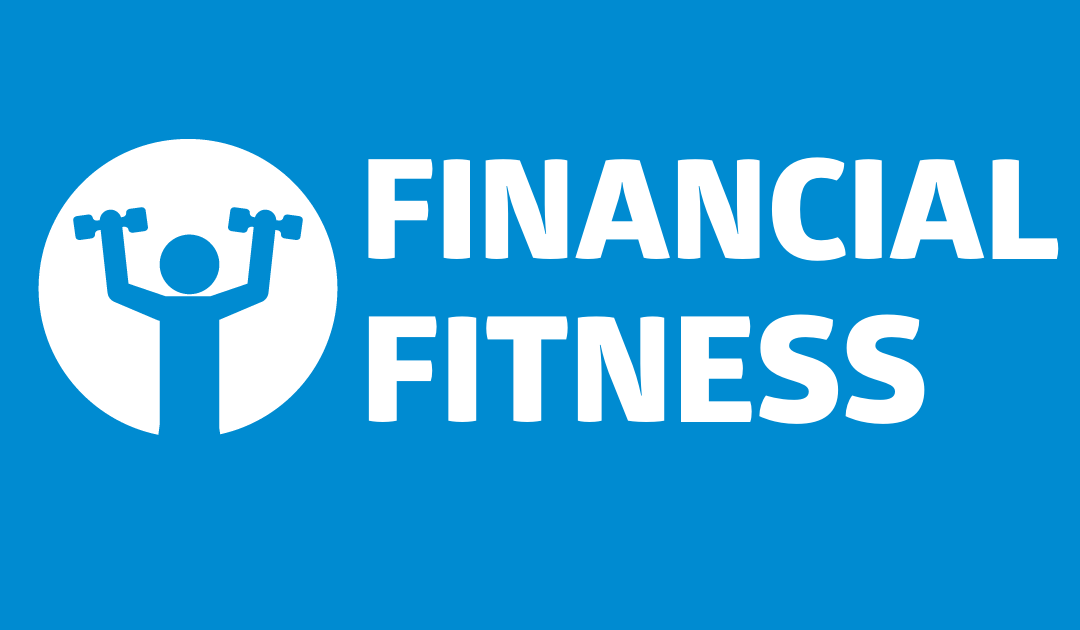By Charlestien Harris
You might say, “I don’t have any money to save right now,” but in actuality this is the best time to look at saving money. The pandemic has had a devastating effect on many families’ finances but unfortunately, I am sure this will not be the last emergency that will happen in our lives. So, what better time to find spending leaks, realign your needs and wants, and work out a plan to reach the financial goals you set before the pandemic hit?
Sometimes the hardest thing about saving money is just getting started. I would like to challenge you to create plan that will help you navigate any financial crisis you may face in the future. Here are a few tips to get you started:
Make a budget
You may have partially already started because the pandemic has forced a lot of families to change the way they spend their money. Take a good look at what you have already changed and make some of those changes permanent. Many of you have made those adjustments unwillingly but you have survived and that is a major step toward accomplishing those original plans you had before the crisis hit.
Figure out how much you spend. Keep track of all your expenses—that means every coffee, household item and cash you spend. This will allow you to get an idea of how much money you are spending and where you are spending it. It also will help you to identify your spending habits and “leaks.”
You can stop the cycle of living paycheck to paycheck by following a zero-based budget before the month begins. A zero-based budget will allow you to give every single dollar a name or assign it a job to do. A budget is all about being intentional.
One idea that many of us overlook is to include saving in our budget as a line item. Just as you apply money to those other categories saving can be added as well.
Reduce your debt
Monthly debt payments are the biggest obstacle to saving money. Debt robs you of your income! So, it’s about time you get rid of that debt.
The fastest way to pay off debt is with the debt snowball method. This is where you pay off your debts in order from smallest to largest, adding the payments from the smaller paid-off debts to the next larger debt.
Don’t panic, it’s more about behavior change than numbers. Once you reduce your debt, you can finally use that income to make progress toward your savings goals.
Start an emergency fund
An emergency fund is a must as this pandemic has forced many of us to realize. Chances are you’ve already been told that you need an emergency fund equal to three to six months of your income. You might be thinking that’but if you start small you can do it. I recommend starting with an emergency fund savings goal of just $500.
Don’t just save money, save for your future and save with a purpose! There is a difference. Also, get free debt counseling. The most widely available help managing your debt is with a HUD Approved Counseling agency such as Southern Bancorp Community Partners.
HUD Certified counselors can work with you confidentially and judgement-free to help you develop a budget, figure out your options, and negotiate with creditors to repay your debts. Best of all, the counseling sessions are free of charge and come with no obligations.
Remember, it really doesn’t matter how much money you make—it matters how you spend and save the money you make. Start your savings plan today, and the next time a crisis hits, pandemic or otherwise, you will be better equipped to handle it financially. Until next week, stay financially fit!

